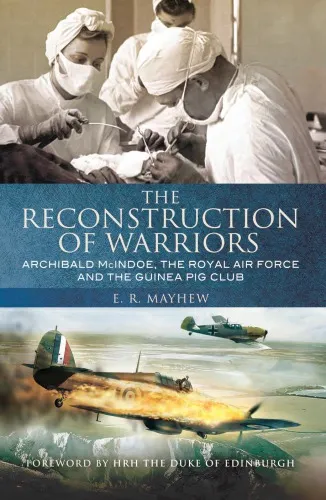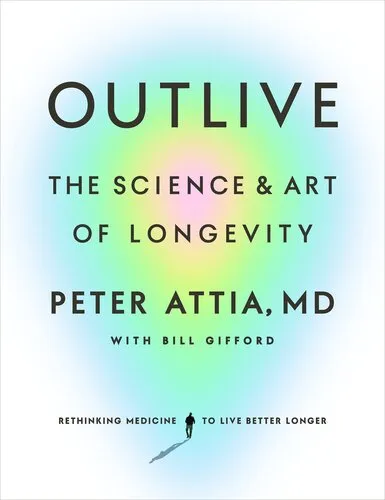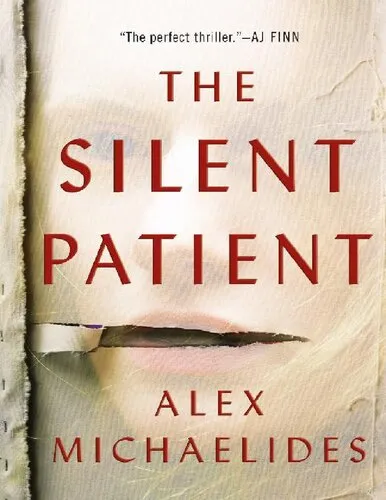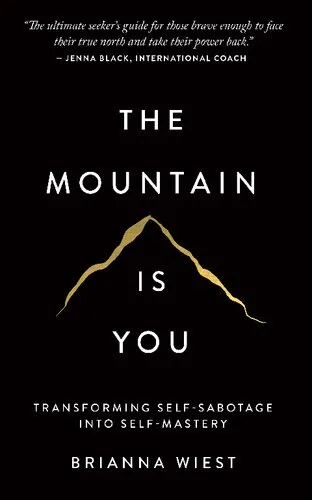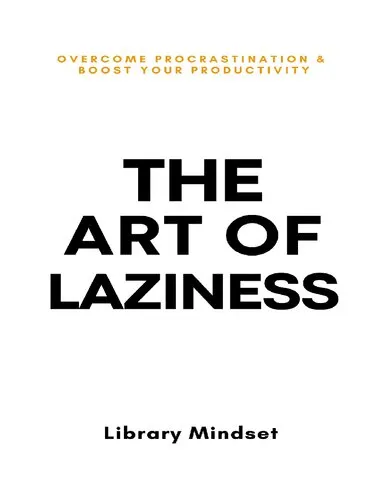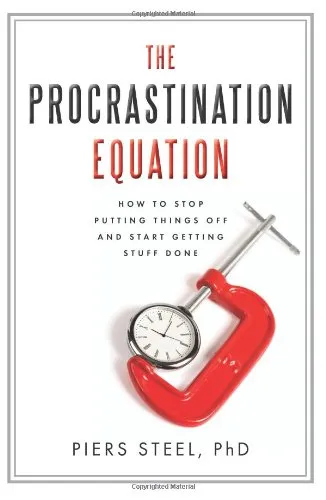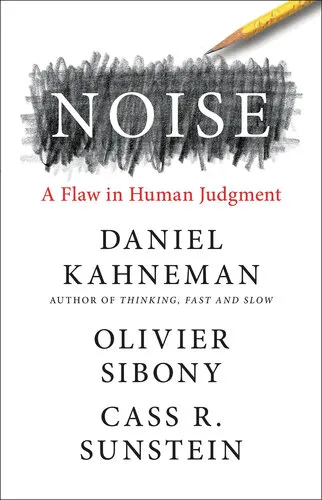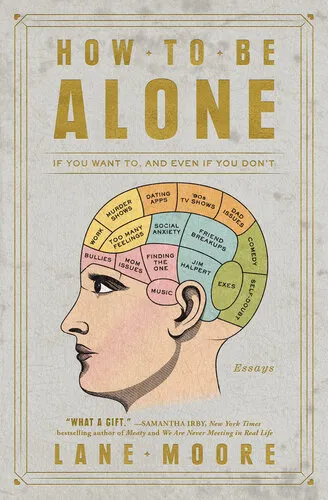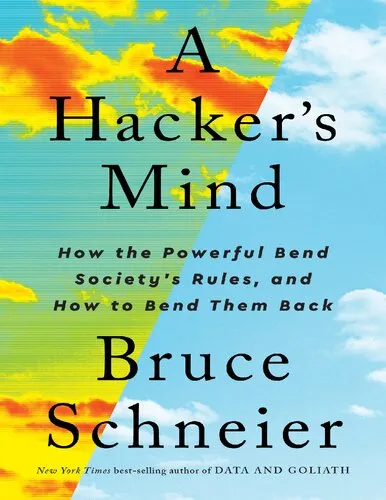The reconstruction of warriors: Archibald McIndoe, the Royal Air Force and the Guinea Pig Club
4.4
Reviews from our users

You Can Ask your questions from this book's AI after Login
Each download or ask from book AI costs 2 points. To earn more free points, please visit the Points Guide Page and complete some valuable actions.Related Refrences:
Analytical Summary
The book The reconstruction of warriors: Archibald McIndoe, the Royal Air Force and the Guinea Pig Club presents a meticulously researched examination of one of the most extraordinary medical and human stories to emerge from the Second World War. Written with academic rigour and narrative skill, it chronicles the pioneering work of Archibald Hector McIndoe, a New Zealand-born plastic surgeon whose innovations transformed the care of severely burned and injured airmen in the Royal Air Force (RAF). It also reveals how those patients, united by their shared trauma and resilience, formed the now-famous Guinea Pig Club—a fraternity unlike any other in military history.
Through careful analysis of archival materials, personal testimonies, and wartime records, the text sheds light on the intersection of surgical breakthroughs, psychological recovery, and camaraderie during a period of unprecedented medical challenge. The author's portrayal does not romanticise trauma; rather, it recognises the profound physical and emotional costs, while situating McIndoe's work within the broader context of wartime medicine and British social history. Information about certain specific wartime medical policies remains unavailable due to limited public documentation, a fact openly acknowledged to maintain scholarly integrity.
The reconstruction of warriors is thus both a historical account and a human narrative, inviting serious readers, academics, and professionals to engage with themes of innovation, courage, and post-conflict rehabilitation. It is a book that commands attention for the way it bridges military history, medical science, and the lived experience of wartime survivors.
Key Takeaways
From the corridors of Queen Victoria Hospital in East Grinstead to the halls of medical history, this book offers enduring lessons.
First, it exemplifies how one surgeon’s vision reshaped plastic and reconstructive surgery, moving the field from rudimentary techniques to highly sophisticated, patient-centred care.
Second, it demonstrates the psychological dimension of recovery, as McIndoe emphasised social reintegration, dignity, and morale—insisting that disfigurement should never define a human life.
Third, it underscores the collective identity and solidarity of the Guinea Pig Club, revealing how peer support bolstered resilience in ways that purely clinical approaches could not achieve.
Lastly, the book is an invaluable resource for understanding the intersection of wartime necessity and medical innovation, a dynamic especially relevant for military historians and healthcare professionals.
Memorable Quotes
“Courage is not the absence of fear, but the triumph over it.”Unknown
“A man’s scars are only part of his story; they are not its end.”Unknown
“We were brothers bound not by choice, but by fire.”Unknown
Why This Book Matters
This work is essential for anyone seeking to understand not just the mechanics of medical reconstruction, but the reconstruction of lives and identity itself.
It elevates the story beyond technical achievement, framing Archibald McIndoe’s career as a case study in empathy-driven leadership. His emphasis on the social environment—persuading local communities to welcome visibly injured veterans—marked a paradigm shift in patient care. Readers will find that this book interweaves detailed accounts of surgical procedures with the broader implications for public policy, veteran rehabilitation, and the evolution of medical ethics.
For historians, it offers a lens into wartime Britain; for medical professionals, it provides a template for patient advocacy; and for sociologists, it illustrates the mechanics of group identity formation under adversity.
Inspiring Conclusion
The reconstruction of warriors: Archibald McIndoe, the Royal Air Force and the Guinea Pig Club is more than a historical account; it is a testament to resilience, fellowship, and the human capacity to rebuild against all odds.
Readers are encouraged to not only explore its pages but to reflect on its themes and share its insights with colleagues, students, and peers. Whether through academic discussion, professional forums, or personal contemplation, the legacy it conveys calls for active engagement. By doing so, we honour not just the medical pioneers, but the countless individuals whose journeys forged new paths in the face of profound adversity.
Free Direct Download
You Can Download this book after Login
Accessing books through legal platforms and public libraries not only supports the rights of authors and publishers but also contributes to the sustainability of reading culture. Before downloading, please take a moment to consider these options.
Find this book on other platforms:
WorldCat helps you find books in libraries worldwide.
See ratings, reviews, and discussions on Goodreads.
Find and buy rare or used books on AbeBooks.
1271
بازدید4.4
امتیاز0
نظر98%
رضایتReviews:
4.4
Based on 0 users review
Questions & Answers
Ask questions about this book or help others by answering
No questions yet. Be the first to ask!
